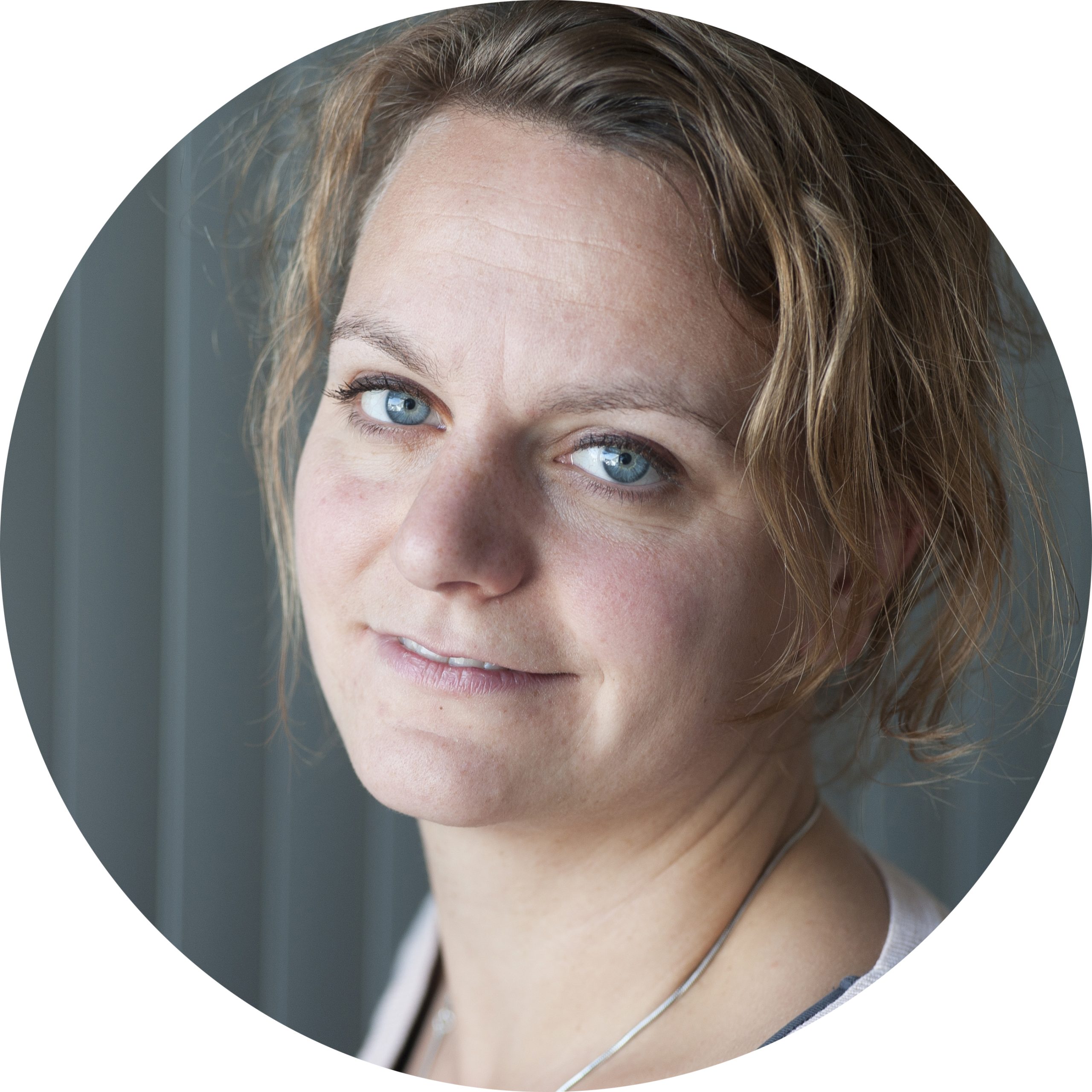Some people will increase their opportunities by using such goods. But others may have no access to electricity or are illiterate. Therefore philosopher and Nobel laureate Amartya Sen focuses on capabilities in his philosophy. The opportunities that people have, or will get, matter.
Sen’s theory is already influential in development thinking, but there has hardly been done research about the relation between his ‘capability approach’ and technology and design. I am focusing on how Sen’s philosophy could be used by designers while they are designing a product for a developmental context. My research could for example result in a toolbox or a method that designers could use to apply the philosophy in their design process.
For my research I am focusing on India. I conducted interviews with 25 women in rural areas. I asked them about several inventions that they use and how they influenced their opportunities. For example a non-electric refrigerator made of clay and a portable machine to reel silk, which I have developed.
It was interesting to find out that not all the opportunities were positive. Many women had to work at a centre to reel silk. This limited their capabilities. In many occasions it was hard for them to find someone to babysit their children. Therefore, I developed a portable machine to reel the silk. The women could work at home, for example when their children were sleeping. For many women this created a new opportunity to work. But it also restricted their living space, because many women were forced by their families to stay at home. There was no reason for them to leave the house and this also created a negative opportunity I had not foreseen.
I collected a lot of data thanks to the interviews. Currently I am processing the data and writing papers. Hopefully it will lead me to create a tool or method designers will use. It is especially important that they will understand the context in which their technology will be used. Very often it is a very different context compared to what the designer is used to.”



Comments are closed.